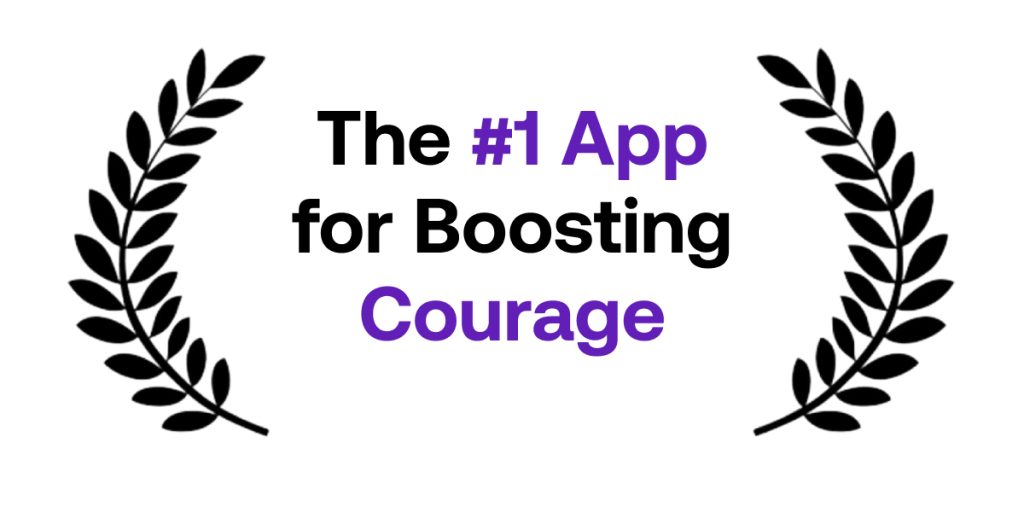More than 2,500 years ago, Chinese military strategist Sun Tzu wrote The Art of War—a treatise on strategy, leadership, and human behavior that has outlived dynasties, civilizations, and even the battlefield itself.
While his insights were originally written for war, they’ve become a guidebook for anyone navigating conflict, pressure, or uncertainty—whether in business, personal growth, or everyday life. What makes Sun Tzu’s work so enduring is its focus not on brute force, but on clarity, strategy, and discipline of mind.
Here are five of Sun Tzu’s most timeless lessons—and how they still apply today.
1. Success Depends on Preparation
“Every battle is won before it is fought.”
— The Art of War, Chapter 4: Tactical Dispositions
Preparation is everything. Sun Tzu taught that the outcome of a conflict is determined long before swords are drawn, based on positioning, intelligence, and timing.
Modern application: Whether you’re launching a project, making a major decision, or heading into a tough conversation, success depends on your preparation. According to a 2017 study in Harvard Business Review, professionals who engage in mental rehearsal and pre-task planning perform significantly better under pressure.
Takeaway: Don’t wing it. Plan, visualize, and position yourself to succeed—before the moment of action arrives.
2. Self-Knowledge Creates Confidence
“If you know the enemy and know yourself, you need not fear the result of a hundred battles.”
— The Art of War, Chapter 3: Attack by Stratagem
Sun Tzu emphasizes self-awareness and situational awareness as the core of victory. Understanding your strengths, weaknesses, and tendencies—alongside those of others—removes unpredictability from the equation.
Modern application: In negotiation, leadership, or personal growth, this principle is foundational. Studies in organizational psychology have consistently shown that emotional intelligence (EQ)—especially self-awareness and empathy—is a stronger predictor of leadership success than IQ.
Takeaway: Cultivate self-knowledge and awareness of others. The better you understand the battlefield—internal or external—the more control you gain over the outcome.
3. Stay Calm, Find the Advantage
“In the midst of chaos, there is also opportunity.”
— The Art of War, Chapter 5: Energy
NEW! Put the principles from this article into practice with the free courage-boosting MaArtial app on the App Store for iOs and Play Store for Android.
Rather than avoid chaos, Sun Tzu urges leaders to recognize its potential. Uncertainty rattles the unprepared—but for the disciplined, it creates space to maneuver, adapt, and lead.
Modern application: We’ve seen this lesson play out repeatedly—from economic downturns to personal setbacks. Research published in Psychological Science (Bonanno et al., 2004) highlights that resilient individuals aren’t those who avoid stress, but those who learn to operate within it, adapt, and extract growth.
Takeaway: When things fall apart, don’t panic—look for the gap. There’s always a way forward for those who keep their focus.
4. Use Perception as Strategy
“Appear weak when you are strong, and strong when you are weak.”
— The Art of War, Chapter 1: Laying Plans
This is a lesson in strategic restraint and controlled perception. Sun Tzu reminds us that success doesn’t always come from direct confrontation. Sometimes, the smartest move is misdirection or holding back power until the right moment.
Modern application: In business, politics, and negotiation, managing perception is key. Executive presence, narrative framing, and timing are all part of strategy. Even in personal relationships, setting boundaries and choosing your battles wisely is often more effective than being forceful.
Takeaway: Don’t show all your cards. Know when to lead with strength—and when to wait.
5. Avoid Conflict, Win with Intelligence
“The greatest victory is that which requires no battle.”
— The Art of War, Chapter 3: Attack by Stratagem
For Sun Tzu, the highest level of mastery is not to destroy your enemy—it’s to win without conflict at all. He prized efficiency, intelligence, and influence over brute force.
Modern application: In leadership and communication, this means solving problems before they escalate. It means listening carefully, anticipating issues, and guiding people toward alignment without confrontation. Conflict resolution, mediation, and preventative planning are all modern forms of this wisdom in action.
Takeaway: The smartest warriors don’t just win fights—they avoid them entirely. Strategy isn’t about destruction—it’s about direction.
Lead with Clarity, Not Force
Sun Tzu’s brilliance lies not in glorifying war, but in redefining how we think about power. He reminds us that true strength is quiet. It doesn’t need to shout or swing wildly—it chooses its moment.
In today’s world—crowded, noisy, reactive—these principles matter more than ever. Focus over frenzy. Preparation over panic. Stillness before action.
Whether you’re navigating a negotiation, a personal challenge, or your own self-doubt, Sun Tzu offers this enduring truth:
Victory rarely goes to the strongest. It goes to the most prepared, the most disciplined, and the most aware.
Train your mind accordingly.














